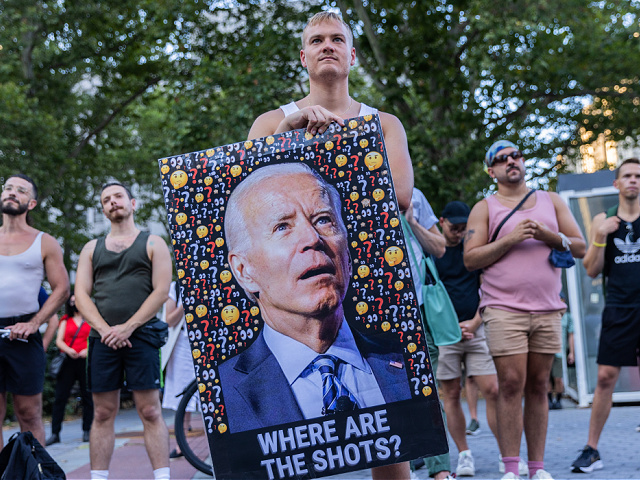Step away from the monkeys and leave the embattled creatures alone. That is the strict order from the World Health Organization (W.H.O.) in the wake of the global monkeypox outbreak.
The call follows reports the primates have been poisoned and killed in Brazil by those seeking misplaced vengeance against the presumed source of the contagion.
Brazilian news website G1 reported on Sunday ten monkeys had been poisoned in less than a week in the city of Sao Jose do Rio Preto, in Sao Paulo state. Similar incidents were reported in other cities, AP reports.
“What people need to know is that the transmission we are seeing is happening between humans,” W.H.O. spokesperson Dr. Margaret Harris said at a press briefing Tuesday at the U.N. organization’s headquarters in Geneva, in Geneva.
Brazil counts more than 1,700 cases of monkeypox, according to the W.H.O.’s own figures.
The country’s health ministry confirmed one death related to the disease on July 29. The victim was a man who had low immunity and comorbidities, the AP report sets out.
Contagion can take place from animals to humans, but the recent outbreak is related to human only contacts, according to Harris, who expressed sorrow for the creatures.
“People certainly should not attack the animals,” she said.
Brazil has a long register of attacks on monkeys during yellow fever outbreaks too.
Since May, nearly 90 countries have reported more than 29,000 cases of monkeypox.
The W.H.O. classified the outbreak of the once-rare disease as an international emergency in July, as Breitbart News reported:
Monkeypox is not primarily transmitted by monkeys; rather, until the current outbreak, the virus was most commonly found in and spread by rodents, NBC News reports.
Harris explained monkeypox got its name because the virus was first identified in a group of monkeys in a lab in Denmark in 1958.
“That’s the only reason it has had that name,” she said.
Harris stressed the concern should instead be about where the virus is circulating in populations, and the steps people can take to protect themselves.
The best way to tackle the virus, Harris said, is for “people [to] recognise they have symptoms and go get help and medical care and take precautions to prevent it being transmitted.”

People protest during a rally calling for more government action to combat the spread of monkeypox at Foley Square on July 21, 2022 in New York City. (Jeenah Moon/Getty)
Raising awareness among at-risk groups is key to this, she said.
The virus spreads through close contact, and most – but not all – cases so far have been registered among men who have sex with men.
The W.H.O. has urged people not to stigmatise any people who are infected.

COMMENTS
Please let us know if you're having issues with commenting.